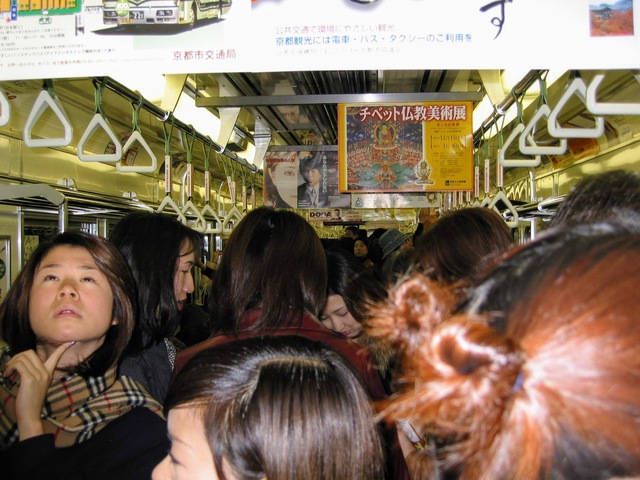Custom robocar startup Zoox shops for a buyer
Submitted by brad on Fri, 2020-05-08 14:56I've known Zoox since before it began and their vision has always been bold. In a possible hiccup, the downturn has led them to shop around for a potential buyer if they can't get more investment.
I analyse what this means in my story Zoox searches for a buyer on the Forbes site.







